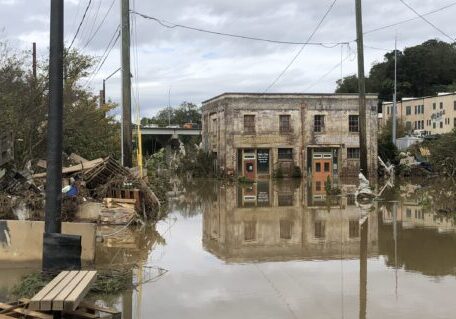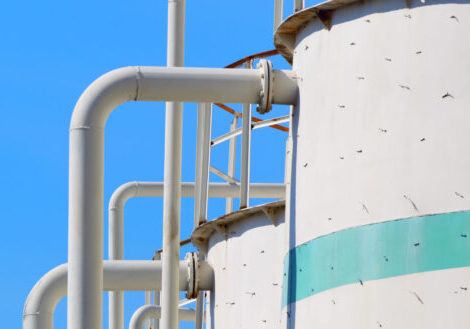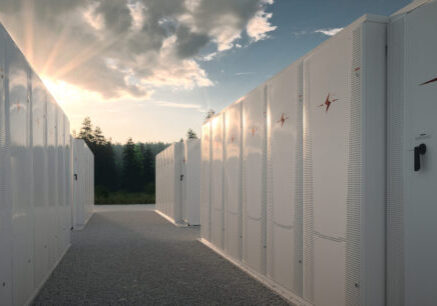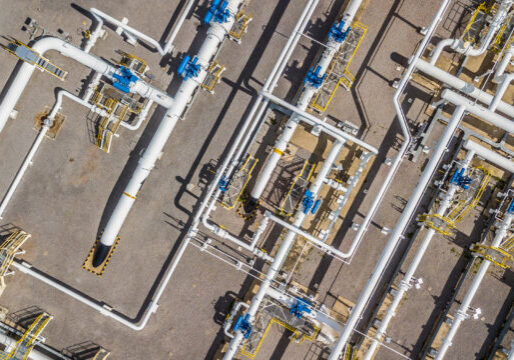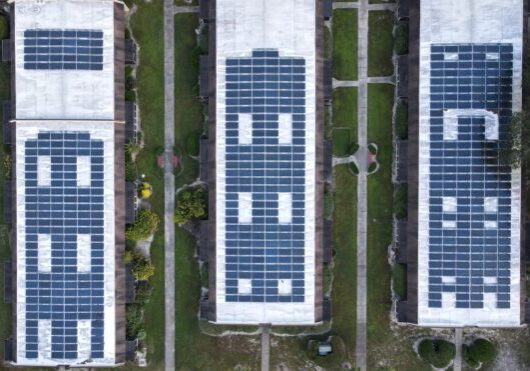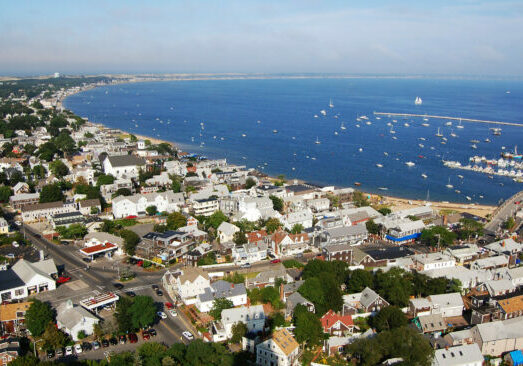December 21, 2020
Resilient Power Project 2020: A Year-End Review
By Seth Mullendore, Marriele Mango
While many of us will be more than happy to be done with 2020, it has undoubtably been a year that we will not soon forget. On top of a global pandemic, a nationwide reckoning over systematic racial injustices, and an exhausting, tumultuous election, we experienced the most active Atlantic hurricane season on record and another year of devastating wildfires in the West.
Despite the headwinds of the past year, Clean Energy Group (CEG) and our partners have been able to make great strides in strengthening the energy resilience of frontline communities through our continuing work on the Resilient Power Project. We experienced a surge in demand for our technical expertise and knowledge-building support as more community groups, affordable housing providers, environmental justice organizations, government agencies, and individuals came to terms with the critical importance of reliable, affordable energy solutions in the new reality of increasing isolation and strained community services. In response, we shifted resources to allocate more staff time and funding toward advancing on-the-ground, community-based resilient power projects – resulting in more direct, project-specific work in more communities than any previous year.
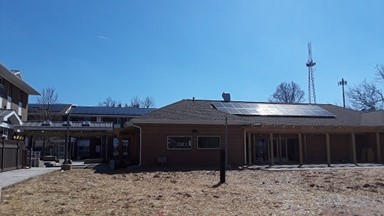
Rooftop solar panels at Parkway Overlook – courtesy of NEO LLC.
Through CEG’s Resilient Power Technical Assistance Fund (TAF), we successfully supported 17 local, nonprofit organizations in their efforts to develop resilient solar+storage resources over the course of the year. In total, 36 properties serving low-income and climate-vulnerable populations received solar+storage feasibility assessments, including cultural and community centers, faith-based institutions, fire stations, and affordable housing properties. Several of these efforts have resulted in completed resilient power projects or are nearing the development phase.
In addition to assisting new projects, eight TAF-supported projects were installed in 2020. Rancho Verde, a 24-unit affordable housing development for farmworkers in Central California, and Parkway Overlook, an affordable housing development in Washington D.C., both completed solar+storage at community buildings. The systems will provide reliable backup power to critical services for residents through a power outage, such as lighting, heating and cooling, computers, outlets to charge phones and medical devices, and refrigeration for medicines and perishables. Having access to these services is essential for the safety of residents sheltering in place during extended outages, which has become even more critical with the ongoing threat of COVID-19 and reduced availability of public refuges.
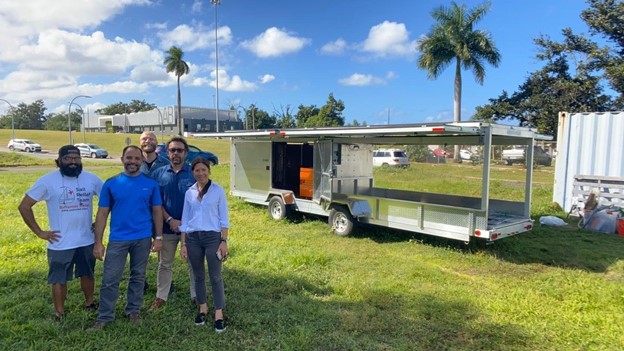
Vieques Mobile Emergency Management Trailer – courtesy Footprint Project.
In Puerto Rico, Footprint Project worked with local partners to equip a mobile emergency management trailer with solar+storage. The trailer has supported the Vieques emergency management office with reliable and transportable backup power through multiple outages since its installation, including powering a community water pump that lost power during powerful earthquakes that rocked the island in early 2020. Solar+storage installations at three Puerto Rico fire stations were also deployed by Solar Responders this year.
CEG first launched the Resilient Power Project after Superstorm Sandy left more than eight million people without power in 2013. Since then, we’ve worked with more than two-hundred community facilities in 89 low-income communities and communities of color across 25 states and U.S. territories. CEG has awarded technical assistance and knowledge-building grants totaling $850,000 to dozens of nonprofit organizations. More than 40 percent of these grants have gone to directly support the work of Black, Indigenous, and People of Color (BIPOC) organizations and communities. The work has resulted in 25 completed projects, delivering 6.5 megawatts of solar and 10.6 megawatt-hours of battery storage to 22 communities, including thousands of units of affordable housing.
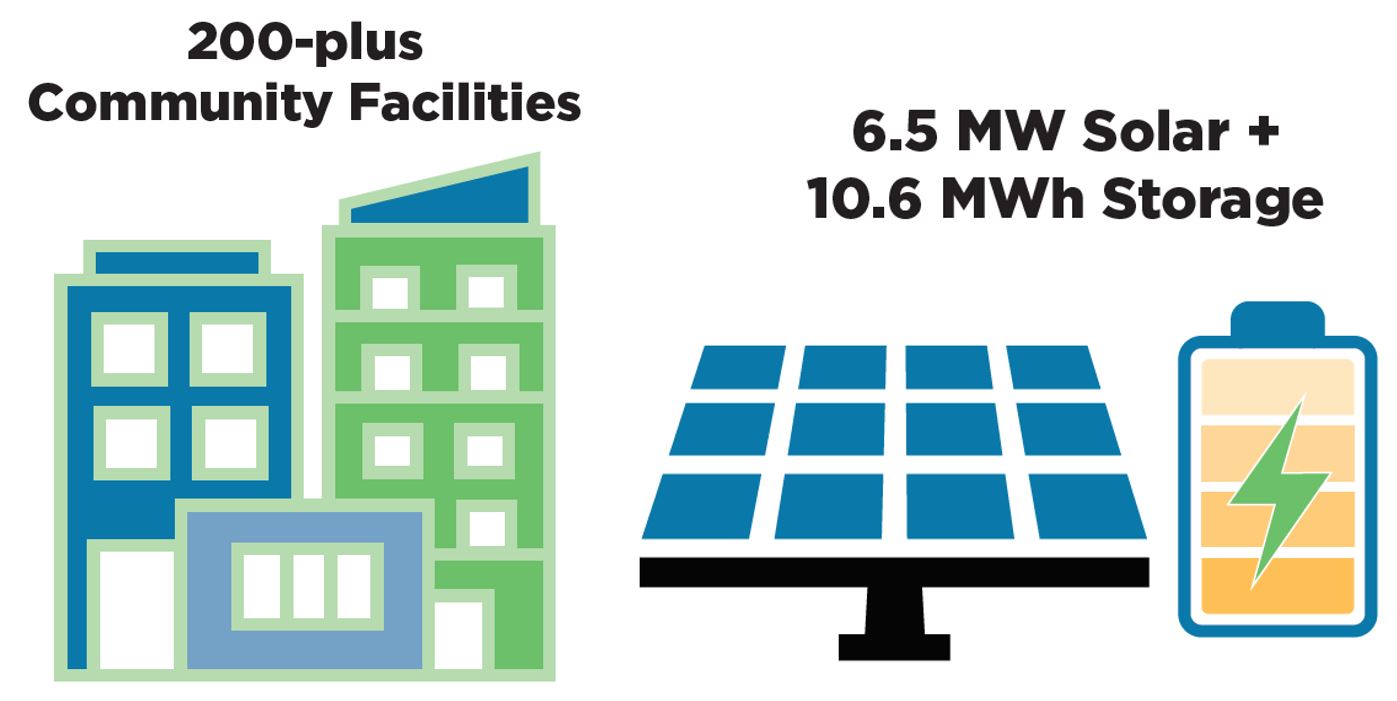
Looking ahead to 2021, CEG is committed to deepening and expanding our relationships with organizations across the country working on the frontlines of the climate crisis. We expect several ground-breaking solar+storage projects to be completed in the New Year and welcome opportunities to forge new partnerships. Our goal is to help make 2021 a year to remember by the collective goals achieved with longtime partners and new collaborations.





